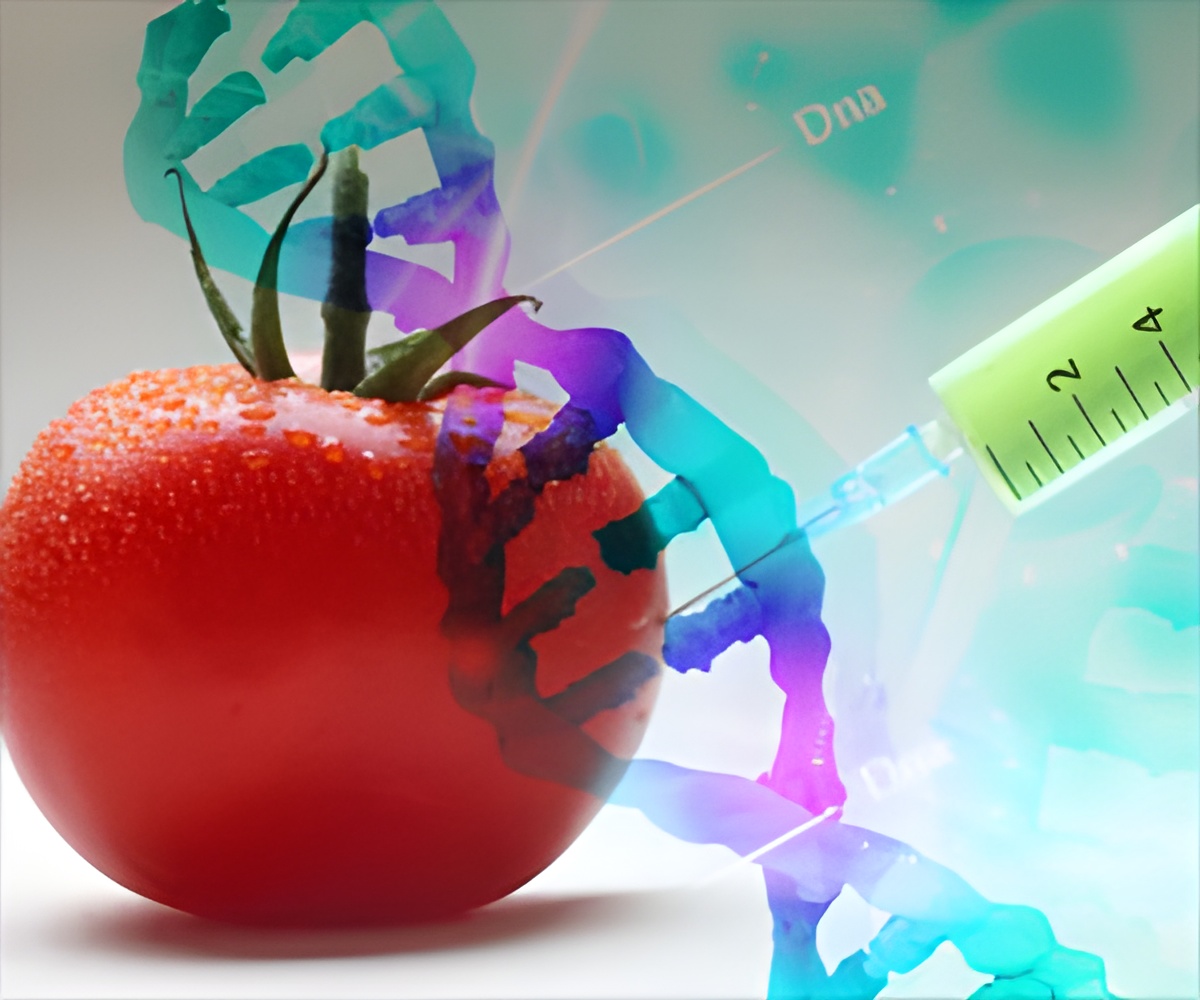Isolated bacterial protein, azurin, was found to selectively kill cancer cells while not attacking healthy cells and it also had cancer preventive effects.

The University of Calcutta alumnus is a distinguished university professor in the department of microbiology and immunology in the University of Illinois and is currently working with bacterial proteins to treat and prevent cancer.
In collaboration with researchers in New Delhi, Japan, Mexico and Portugal, Chakrabarty is examining the prospects of genetically engineering plants so that they can manufacture the bacterial protein as part of their metabolism.
He and his colleagues isolated a bacterial protein, azurin, from Pseudomonas aeruginosa and showed that the protein as well as its fragment, called peptide 28, were able to selectively kill cancer cells while not attacking healthy cells. It also had cancer preventive effects.
Similarly, the team also exhibited that the Laz protein produced by Neisseria meningitides (which causes meningitis), is toxic to brain tumor cells.
"In Mexico, for example, plant biotechnologist Miguel Gomez was able to express azurin in tomatoes. The plant extract was found to have the anti-cancer activity and now they are trying to find out whether the plant extract can kill tumor cells in micea so we will have some answers in the next two years," said Chakrabarty.
Advertisement
Chakrabarty has been an adviser to governments, and the UN, and received the Padma Shri from the Indian government in 2007 for his contributions to genetic engineering technology in 2007.
Advertisement
He was initially denied the patent by the US Patent Office because it was thought that the patent code precluded patents on living organisms.
His landmark research has since paved the way for many patents on genetically modified micro-organisms and other life forms.
Source-IANS










